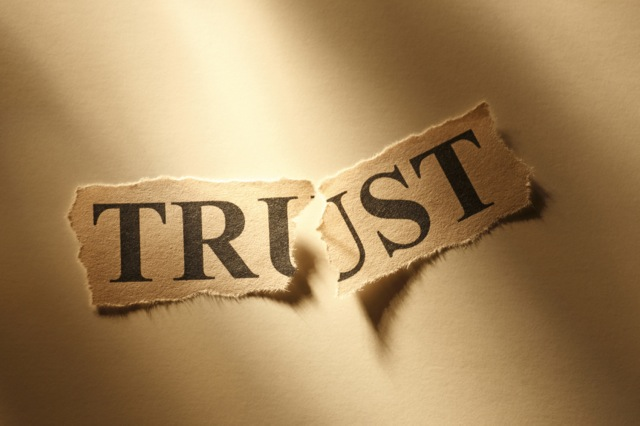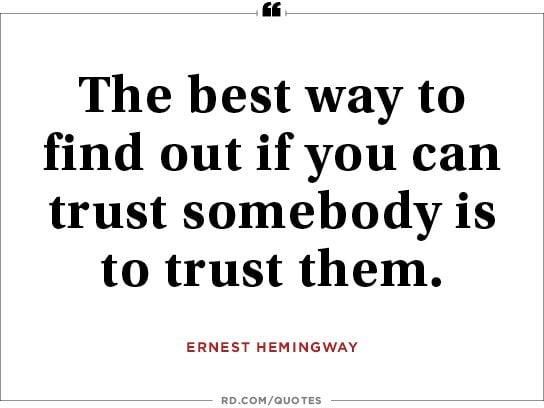Emotional Flashbacks, what are they.
January 24th, 2017“First, the good news about C-PTSD: It is a learned set of responses, and a failure to complete numerous important developmental tasks. This means that it is environmentally, not genetically, caused. In other words, unlike most of the diagnoses it is confused with, it is neither inborn nor characterlogical. As such, it is learned. It is not inscribed in your DNA. It is a disorder caused by nurture (or rather the lack of it), not nature.” By Pete Walker
One of the symptoms of C-PTSD (Complex post traumatic stress disorder) that have a huge impact on me are the emotional flashbacks. Old feelings come to me in the moment when something triggers my emotions. Not always but most times when they are negative. Most times I don’t know the exact origin of these emotions most times and I don’t always know my emotions are boosted by my emotional flashbacks. That makes things complicated and my reaction often not in comparison to the actual situation. They are tricky to identify, because unlike a specific flashback with specific images, you experience very strong feelings of self-hatred, shame, abandonment, invisibility, or rage. And they’re not linked to any one specific memory, since the emotional flashbacks appears in the moment you link them to the current moment first. Identifying the intensity of your feelings as an emotional flashback is an important piece to healing and of course of dealing with the moment.
I have experienced that relationship with someone who has compassion and insight helps a lot, especially if the inner critic or feelings of shame keep taking over your thoughts and feelings, despite your best efforts.
I find it difficult to explain so I have googled a few articles that word it as how I experience it.
“In an explicit flashback. the person is involuntarily transported back in time. To the person, it does not seem so. What they experience is being experienced as if it were happening in the present. An explicit flashback involves feelings and facts.
Flashbacks from early childhood are different. They do not include factual information. Until about five years of age, factual – or explicit – memory is immature. But implicit memory, the memory of an emotional state, may go back to birth. When the memory of a strong emotional state is activated, the person is exposed to an involuntarily replay of what was felt at perhaps age one or two. Since facts are not replayed, the emotions seem to belong to what is going on in the present.
Implicit flashbacks from early childhood can be powerful. They can overtake a person, and dominate his or her emotional state. Even so, the person may have no idea that what they are feeling is memory. How could they? If they cannot remember a past event that caused these feelings, the feelings naturally seem to belong to the present.”
Tom Bunn L.C.S.W. Link to article
“Emotional flashbacks strand clients in the cognitions and feelings of danger, helplessness and hopelessness that characterized their original abandonment, when there was no safe parental figure to go to for comfort and support. Hence, Complex PTSD is now accurately being identified by some traumatologists as an attachment disorder. Emotional flashback management, therefore, needs to be taught in the context of a safe relationship. Clients need to feel safe enough with the therapist to describe their humiliation and overwhelm, and the therapist needs to feel comfortable enough to provide the empathy and calm support that was missing in the client’s early experience.”
by Pete Walker
Pete Walker provides a convincing argument for the recognition and proper treatment of emotional flashbacks and complex PTSD, which result from childhood neglect and emotional abuse. Link to article.
I believe this will provide you with lot of information that explains it. Now a little more about myself. I am able more and more to recognize the emotions that don’t belong in the moment. But its almost impossible yet at this point for me to recognize how much of that emotion belongs in the past and what part of the emotion is accurate to the current moment. This makes arguments where emotions get fired up and confrontations extremely difficult and intense for me. I like to avoid them for the simple reason that handling my emotions is complex. Dealing however with these things I can not completely avoid and that would not be healthy either conflicts take a lot of time for me to solve when they triggered emotional flashbacks. Rationally I can tell sometimes immediately that my emotional reaction is too strong for the situation, often it takes longer, which makes conflicts very draining and emotional for me. That also leads me to the fact that I am unsure of what strength is healthy for the situation I am then dealing with at that moment. I try to find where my emotions origin from and I try then rationally to define how “bad” the current situation really is. Next I try to find rationally, the correct amount of emotional response to the situation. There is a lot more I can say about this but it is simply put very complex and not just for you. Most happens under the surface and stays invisible for most. Even the people closest to us.
Thank you for reading yet another article on my blog.
Hugs Danielle




